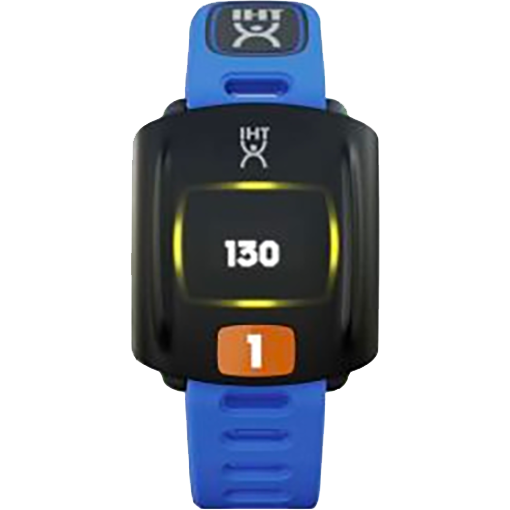Originally published April 16, 2018 in the Public News Service.
By Roz Brown, Public News Service, Iowa
The American Heart Association recommends 60 minutes of daily physical activity for school-aged children. But most Iowa kids aren’t meeting that goal.
That one hour of activity is known to help keep weight off and improve kids’ mental and emotional health – which in turn can improve academic performance. But Iowa schools don’t require recess periods, where kids might get that exercise.  Carlye Satterwhite, physical education and health curriculum coordinator for the Des Moines Public Schools, said educators need to encourage kids to get active.
Carlye Satterwhite, physical education and health curriculum coordinator for the Des Moines Public Schools, said educators need to encourage kids to get active.
“Healthy students live better lives, and we’ve got to be able to ensure that P.E. is part of that,” Satterwhite said; “because as students have good correlation with P.E., they have a good, healthy lifestyle, they’re ready to learn and they increase their test scores.”
The American Heart Association is backing a bill now in the Iowa Legislature, House File 2243, to require school districts to provide certain physical education-related information annually in a report to the Department of Education.
According to the group SHAPE America, 91 percent of parents think there should be more Physical Education in schools to address obesity. But, Satterwhite noted, 70 percent of high school students don’t attend a weekly P.E. class – which could effect their health as adults.
“All of us are trying to go down the same route to get students to have a physically healthy lifestyle,” she said, “whether that’s the eating component, whether that’s the exercise component or the hydration component.”
Satterwhite said 1-in-3 kids in the U.S. is overweight or obese – three times as many as in the 1970s. She added that parents should be concerned when kids spend too much time on cell phones and other electronic devices. But she also reminds them that those same devices can be used to help kids learn how to track their fitness goals.
“Get out and move. But don’t be afraid to utilize your device to move,” she said. “Are you tracking your fitness? I’m thinking even high schoolers, are you being able to track your own health goals?”
In addition to the health benefits, research shows a high level of physical exercise correlates with a reduced participation in high-risk behaviors for school-age kids.
Seeking IHT Spirit System information?




